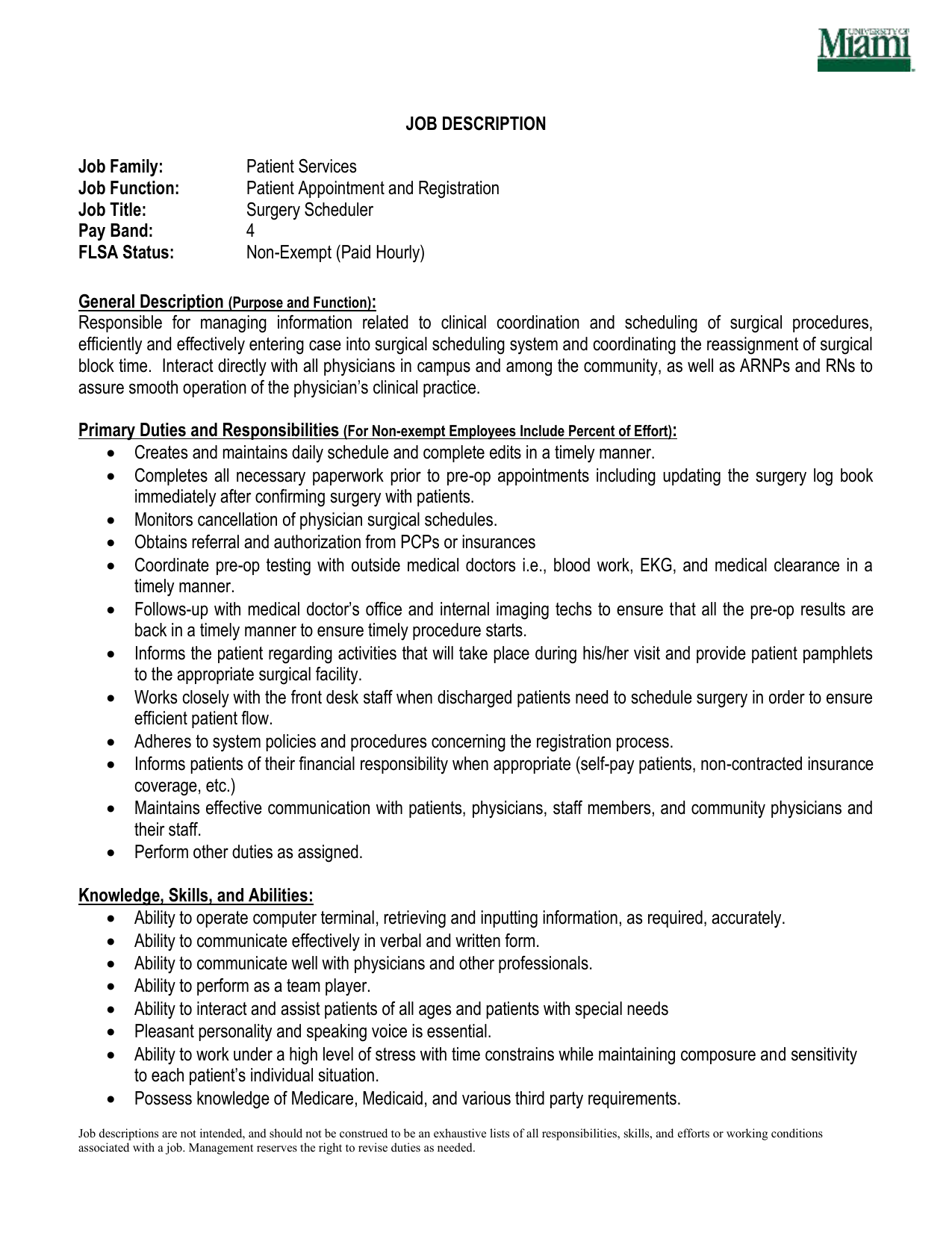

Scheduler jobs password#
-P or -password: password to connect to Redis.-H or -host: Redis server to connect to.If you want to use a different Redis server you could also do rqscheduler -host localhost -port 6379 -db 0 Relevant queues when they need to be executed # This runs a scheduler process using the default Redis connection Process that polls Redis once every minute and move scheduled jobs to the RQ Scheduler comes with a script rqscheduler that runs a scheduler get_jobs ( with_times = True ) # returns a list of tuples: # get_jobs ( until = timedelta ( hours = 1 )) # get all jobs with execution times jobs_and_times = scheduler. get_jobs ( until = datetime ( 2012, 10, 30, 10 )) # get all jobs for the next hour list_of_job_instances = scheduler. Time should be returned along with the job instances.Įxample # get all jobs until 10:00:00 list_of_job_instances = scheduler. The second argument is a boolean that determines whether the scheduled execution Or an integer denoting the number of seconds since epoch ( 00:00:00). It can be given as either a datetime / timedelta instance The first one specifies up to which point in time scheduled jobs Of all job instances that are currently scheduled for execution.Īdditionally the method takes two optional keyword arguments until and In it’s simplest form (as seen in the above example) this method returns a list List of enqueued jobs with the get_jobs method list_of_job_instances = scheduler. Sometimes you need to know which jobs have already been scheduled. IMPORTANT: You should always use UTC datetime when working with RQ Scheduler. enqueue_in ( timedelta ( days = 1 ), count_retweets, tweet_id ) enqueue_in ( timedelta ( hours = 1 ), count_retweets, tweet_id ) scheduler. enqueue_in ( timedelta ( minutes = 10 ), count_retweets, tweet_id ) scheduler. Popular a tweet is a few times during the course of the day, we could do something like from datetime import timedelta # Schedule a job to run 10 minutes, 1 hour and 1 day later scheduler.

X seconds/minutes/hours/days/weeks later. This method expects a timedelta and schedules the job to run at enqueue_at ( datetime ( 2020, 1, 1 ), func ) # The job will be enqueued at the queue named "foo" using the queue type "rq.Queue" enqueue_at ( datetime ( 2020, 1, 1, 3, 4 ), func, foo, bar = baz ) # You can choose the queue type where jobs will be enqueued by passing the name of the type to the scheduler # used to enqueue scheduler = Scheduler ( 'foo', queue_class = "rq.Queue" ) scheduler. enqueue_at ( datetime ( 2020, 1, 1 ), func ) # Date time should be in UTC # Here's another example scheduling a job to run at a specific date and time (in UTC), # complete with args and kwargs. So for example to schedule a # job to run on Jan 1st 2020 we do: scheduler. The API is similar to RQ except that it # takes a datetime object as first argument. The first is using RQ Scheduler’s enqueue_at from redis import Redis from rq import Queue from rq_scheduler import Scheduler from datetime import datetime scheduler = Scheduler ( connection = Redis ()) # Get a scheduler for the "default" queue scheduler = Scheduler ( 'foo', connection = Redis ()) # Get a scheduler for the "foo" queue # You can also instantiate a Scheduler using an RQ Queue queue = Queue ( 'bar', connection = Redis ()) scheduler = Scheduler ( queue = queue ) # Puts a job into the scheduler.

There are two ways you can schedule a job.


 0 kommentar(er)
0 kommentar(er)
